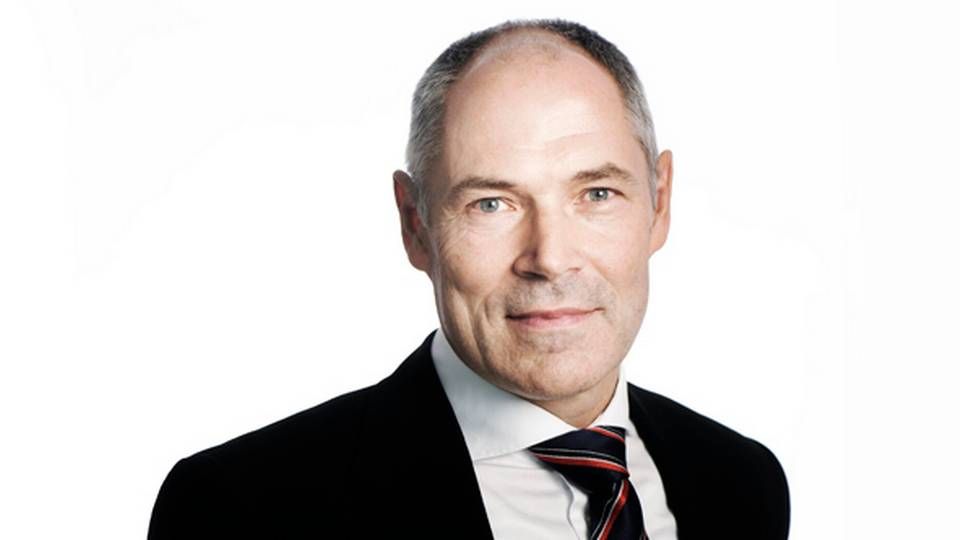"I had never imagined that I would experience a sacking"

What career path did you envision for yourself when you were younger?
"When I started studying economics in 1978, there was not so much focus on career paths as on what was interesting to work with. I was good at Danish and history in upper secondary school, but I developed an interest in the mathematical subjects during my economics studies. It was probably because I felt most resistance here. Maybe it was the encounter with the general equilibrium theory and dedicated teachers such as Birgit Grodal and Hans Keiding that convinced me."
When did you decide on the career path that you're on today?
"I graduated with a Master of Economics in 1985, and was an assistant teacher during my studies. When I graduated, I continued my career at the university, first as a research council fellow at the social science research council, then as a postgraduate fellow at the University of Copenhagen's Department of Economics. Those years were somewhat lonely in the academic world. There were not many research degree students at the time, so when a friend of mine suggested that I apply for the job as an economist at the mortgage bank BRF, I seized on the opportunity.
One of my professors asked me at the same time if I would like to teach a financing class at the university. I said yes, and I have been teaching almost continuously ever since. I think teaching is fun. It forces you to treat the subject differently than you do when you are only learning it yourself. I have a son who studies economics, but my three daughters have chosen other paths."
What part of your education has been most useful in your career?
"Probably the standard economic analysis. The general equilibrium theory is a central element in this, because it is useful in much of our everyday work. It concerns the mechanisms that take effect when people demand and supply products and financial services, and what can be done to bring things into equilibrium. This theory is a staple of my work. My wife provides consultancy services in financial communication, so I can talk to her about these concepts, but I am still surprised when I meet people who are not used to rationalizing like that."
What part of your CV represents the most drastic change in your career path?
"There are two. The first one was when I left the university world for BRF. The second one was later in my career, when I was fired from my position as senior executive VP at Danske Bank.
It happened in 2001 during the merger with Kapital Holding. It makes sense to reduce staff when two financial companies of that size merge, but I had never imagined that I would experience a sacking. Luckily it brought me to the investment bank Carnegie, where I spent almost five educational years until CIO Bjarne Gravesen from ATP called me to ask if I would happen to know a good candidate for a position as Chief Risk Officer. And I did. And got the job."
Which leader in the industry has been most inspiring to you career-wise?
"There are no flawless bosses, but two have inspired me in particular. The first is Hasse Jørgensen, the CEO of Sampension, where I have been employed since 2007. Without his skills and personality, including his stubbornness and crisis management during the financial crisis, Sampension would not have been where we are today. The second one is Knud Heinesen, who was the CEO of BRF while I was there. He was extremely proper, diligent, meticulous, and trustworthy. I felt very confident with him in charge."
English Edit: Marie Honoré













